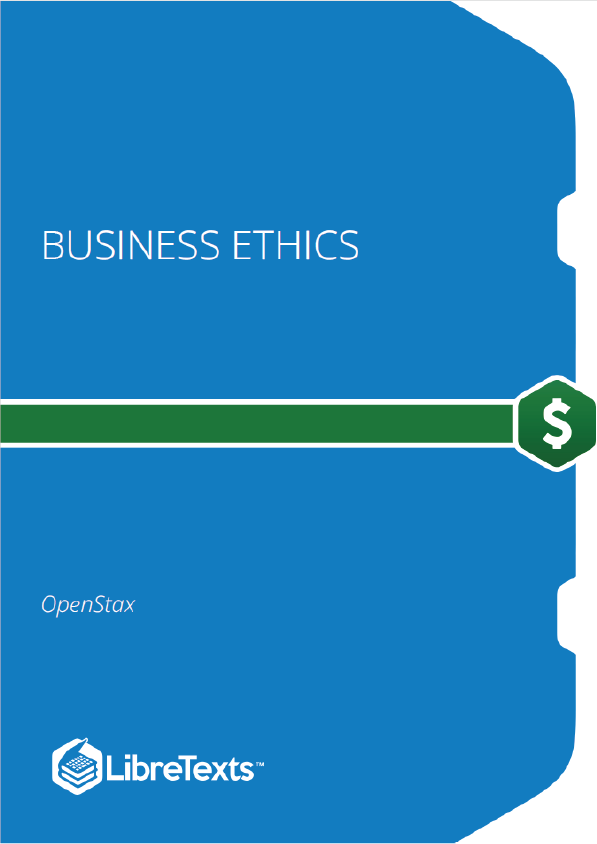Ends, Means, and Character in Business
How, then, should we behave? Philosophy and science help us answer this question. From philosophy, three different perspectives help us assess whether our decisions are ethical on the basis of reason. These perspectives are called normative ethical theories and focus on how people ought to behave; we discuss them in this chapter and in later chapters. In contrast, descriptive ethical theories are based on scientific evidence, primarily in the field of psychology, and describe how people tend to behave within a particular context; however, they are not the subject of this book.
The first normative approach is to examine the ends, or consequences, a decision produces in order to evaluate whether those ends are ethical. Variations on this approach include utilitarianism, teleology, and consequentialism. For example, utilitarianism suggests that an ethical action is one whose consequence achieves the greatest good for the greatest number of people. So if we want to make an ethical decision, we should ask ourselves who is helped and who is harmed by it. Focusing on consequences in this way generally does not require us to take into account the means of achieving that particular end, however. That fact leads us to the second normative theory about what constitutes ethical conduct.
The second approach does examine the means, or actions, we use to carry out a business decision. An example of this approach is deontology, which essentially suggests that it is the means that lend nobility to the ends. Deontology contends that each of us owes certain duties to others (deon is a Greek word for duty or obligation) and that certain universal rules apply to every situation and bind us to these duties. In this view, whether our actions are ethical depends only on whether we adhere to these rules. Thus, the means we use is the primary determinant of ethical conduct. The thinker most closely associated with deontology is the eighteenthcentury German philosopher Immanuel Kant.
The third normative approach, typically called virtue theory, focuses on the character of the decision-maker—a character that reflects the training we receive growing up. In this view, our ethical analysis of a decision is intimately connected with the person we choose to be. It is through the development of habits, the routine actions in which we choose to engage, that we are able to create a character of integrity and make ethical decisions. Put differently, if a two-year-old is taught to take care of and return borrowed toys even though this runs contrary to every instinct they have, they may continue to perfect their ethical behavior so that at age forty, they can be counted on to safeguard the tens of millions of dollars investors have entrusted to their care in brokerages.
Virtue theory has its roots in the Greek philosophical tradition, whose followers sought to learn how to live a flourishing life through study, teaching, and practice. The cardinal virtues to be practiced were courage, self-control, justice, and wisdom. Socrates was often cited as a sage and a role model, whose conduct in life was held in high regard.










